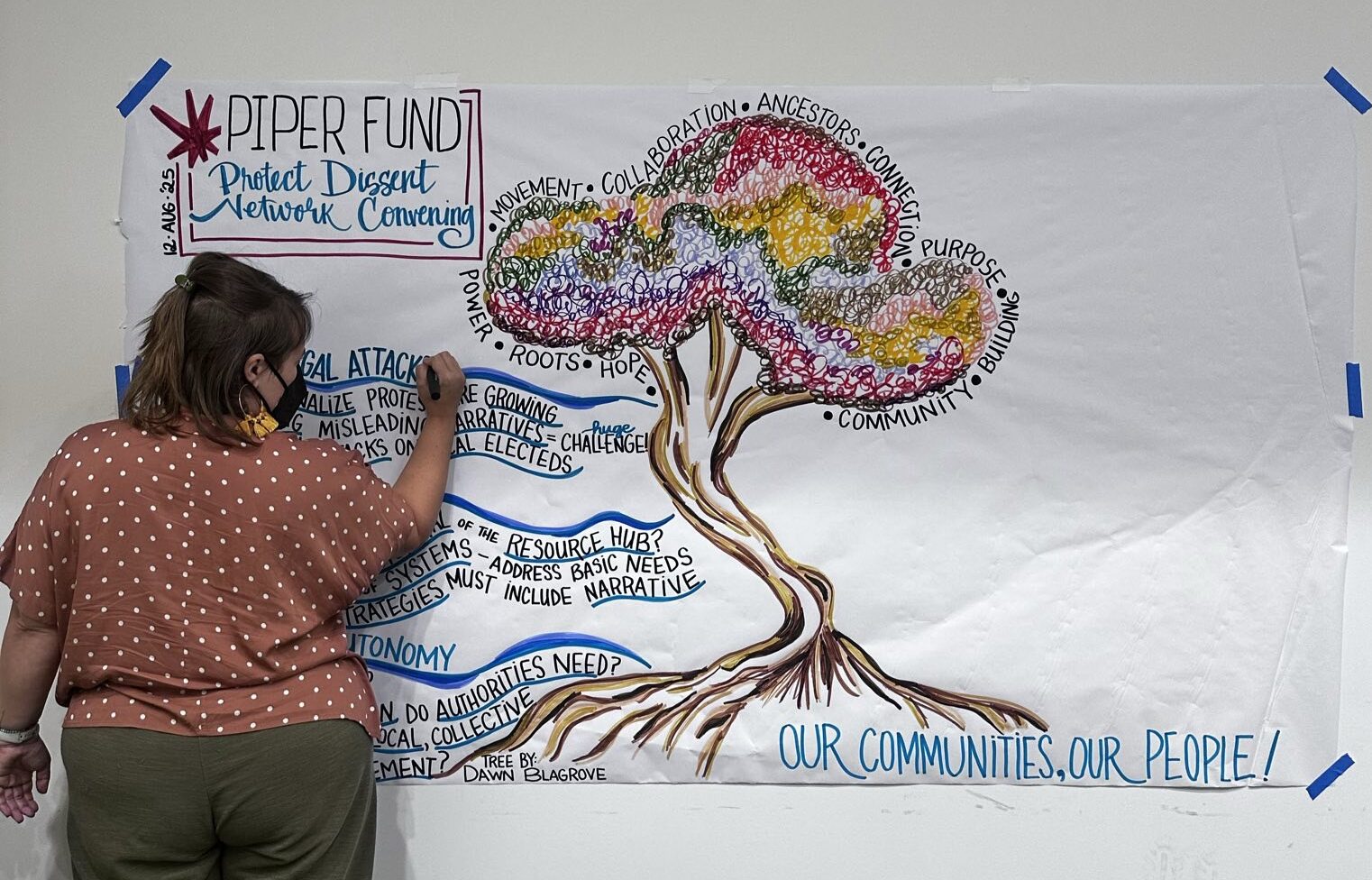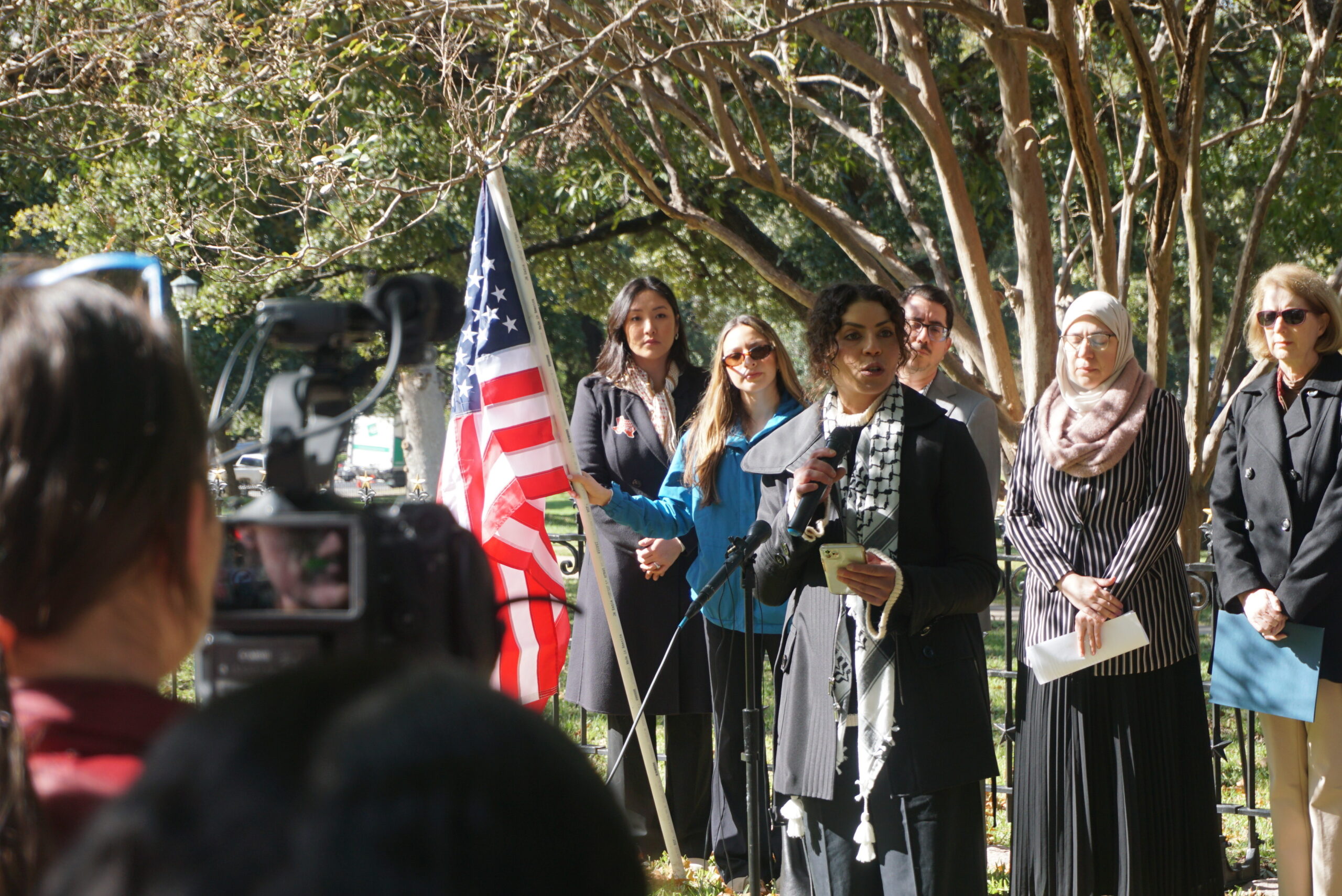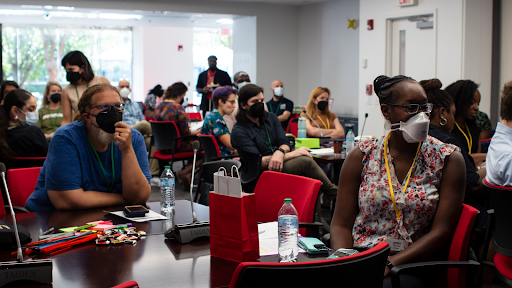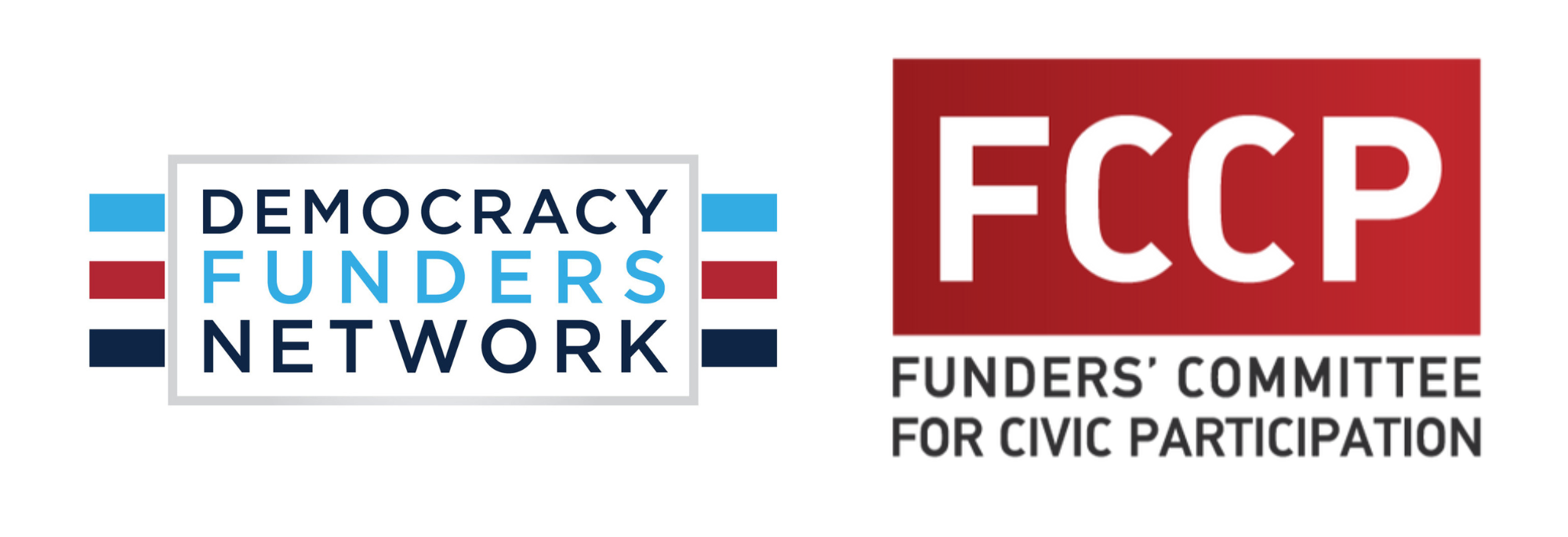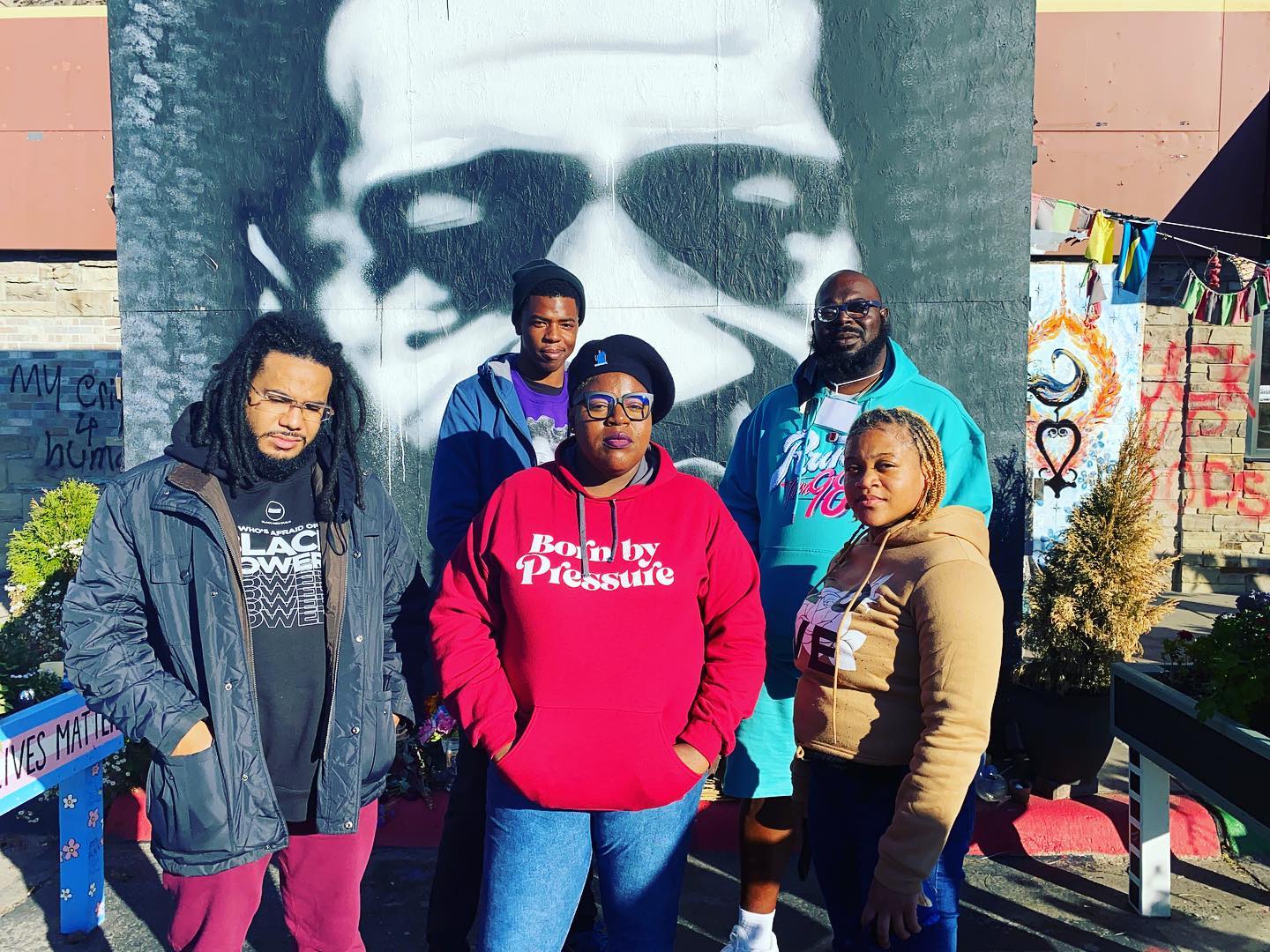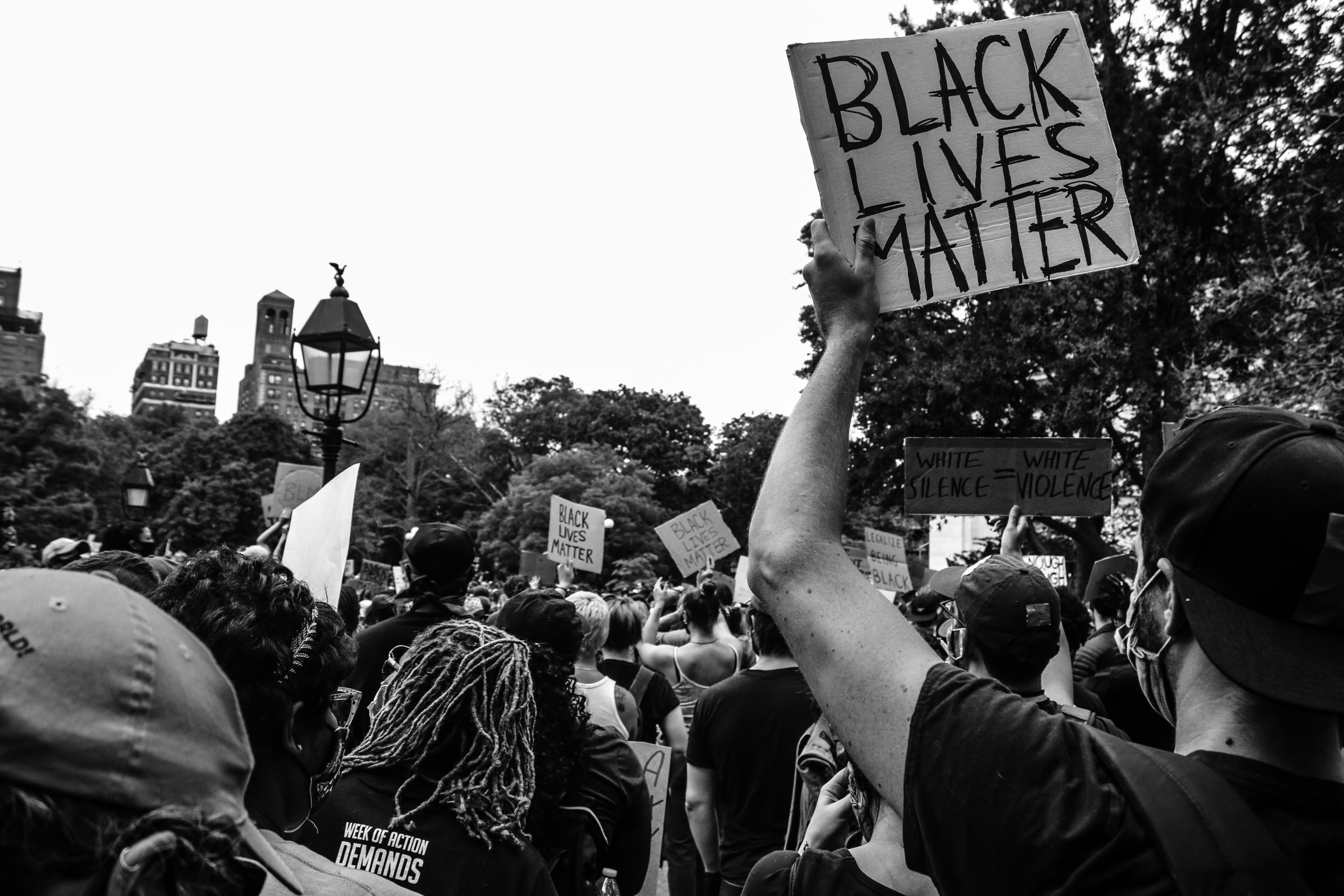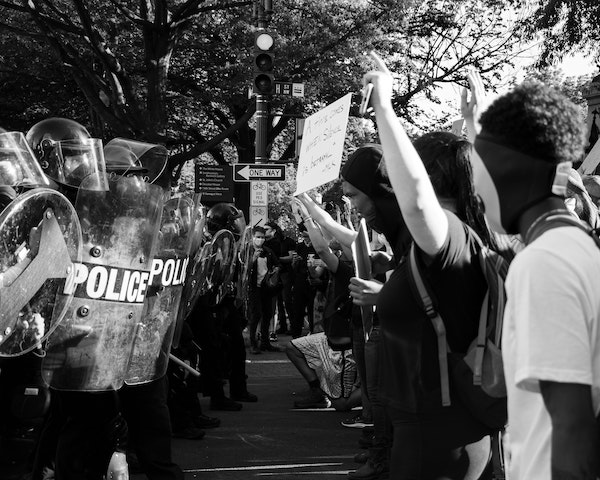Historically, the Protect Dissent Network (PDN), which Piper Fund’s Right to Protest program convenes, has met annually in-person in Washington, D.C. But this year we came together in Durham, North Carolina, wanting to ground in the work led by some of our state grantee and PDN partners and be closer to the powerful organizing being led by other partners in the South. We did not know, as we were planning the event, that National Guard troops would be moving into Washington on the first day of our convening, purportedly to address crime, but putting vulnerable communities, unhoused people, immigrants, and protestors at risk. As I walked into our opening reception a few hundred miles away, multiple people named relief that we weren’t convening in DC on that particular day. But DC remained top of mind for us all – for all the communities that call DC home, for our colleagues returning to DC after the convening, and for what the deployment of the national guard in DC signals – a rise in authoritarian tactics that will likely spread across the country.
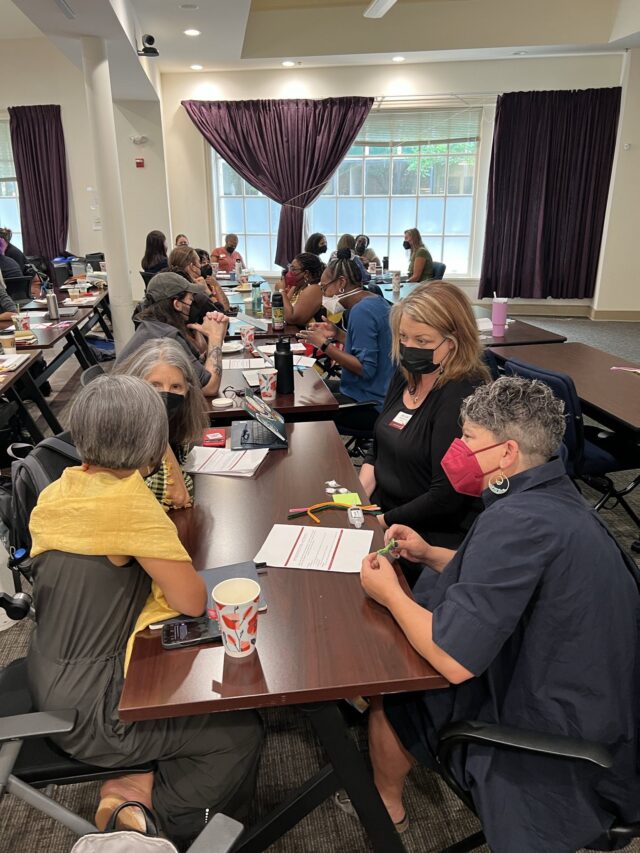 The PDN convening is always a space for learning with each other and strategizing together. The Network is made up of over 250 individuals representing 100 organizations, both local grassroots and national partners, all committed to protecting our right to protest and dissent. Active members meet on regular calls throughout the year, but the practice of coming together in person is one that deepens our connection and relationships, making our work the rest of the year more genuinely collaborative. Repression and criminalization of dissent have long been growing, but this year feels different, with partners wanting to put our heads and hearts together in both strategy and solidarity.
The PDN convening is always a space for learning with each other and strategizing together. The Network is made up of over 250 individuals representing 100 organizations, both local grassroots and national partners, all committed to protecting our right to protest and dissent. Active members meet on regular calls throughout the year, but the practice of coming together in person is one that deepens our connection and relationships, making our work the rest of the year more genuinely collaborative. Repression and criminalization of dissent have long been growing, but this year feels different, with partners wanting to put our heads and hearts together in both strategy and solidarity.
That intention guided the entire convening, beginning with the opening reception. Grantees and PDN partners were glad to see each other as the summer evening rain poured down around the covered rooftop reception. The evening included a conversation between grantee and PDN member Reem Subei of Muslim Advocates and local community organizer and leader Mrs. Joyce Hobson Johnson. Mrs. Johnson, whose activism began in the 1960s civil rights movement, grounded us in the long and worthwhile work of building justice. Now an elder in the Beloved Community Center that she founded with her late husband, the Rev. Nelson N. Johnson, Mrs. Johnson is focused on mentoring others in the community. Her number one mantra is “relationships, relationships, relationships,” noting that building community happens one relationship at a time. By the time our evening ended, so had the rain, and I walked back to the hotel with her words guiding me: “we must assume that most people want justice.” In this unstable, uncertain time, I needed to be reminded of that trust in the goodness of people.
The next morning grantee and PDN member Dawn Blagrove, Executive Director of Emancipate NC, reminded us of another truth as part of a land and labor acknowledgement. As she shared the history and power of Indigenous and Black peoples on the Indigenous lands of the Catawba, Cheraw, Eno, Lumbee, Occaneechi, Shakori, and Tuscarora peoples, in what is now North Carolina. She noted that what we are experiencing as a country right now is not new for some people: Indigenous and Black communities “have been fighting the forces of tyranny and oppression since colonizers first set foot on this land.” We must remember and honor this history by learning from it to guide how we move forward.
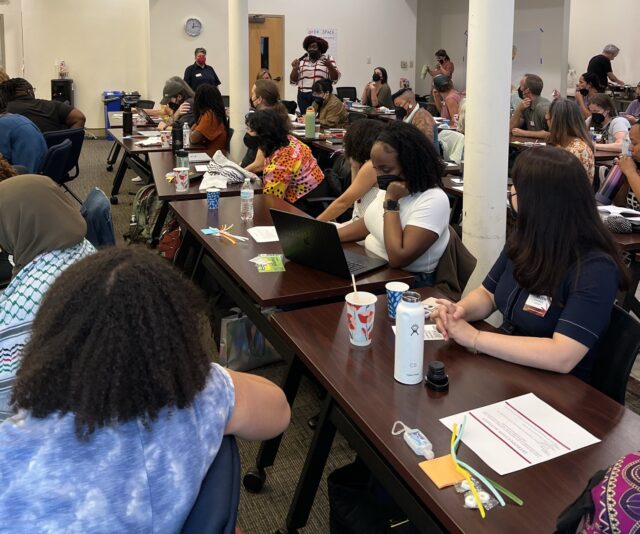
Another source of inspiration came to me during breakout sessions led by PDN members. Topics ranged from proactive strategies for protecting protest and dissent; preparing for and pushing back on anti-protest legislation; building narrative power to meet the moment and beyond; a movement approach to navigating federal attacks; movement safety and security; formation planning; litigation strategy and legal defense; and continuing to surface expertise, connections, and needs within the network and the broader field. Whether focused on addressing the uptick in bills attacking protest rights, the surveillance of movement organizations, or growing proactive strategies to protect protest, the thread was powerfully looking oppression in the eye and resisting. I could find real hope in building data autonomy or supporting efforts to defend people targeted for their protest activities. There was possibility in a resource hub of information to support PDN partners and messaging and narrative tools that tell the positive story of protest building a better nation.
By the end of the convening, I had a lot to reflect on and to sustain my energy and persistence for the days and months ahead. Reminders of the lessons from our ancestors, the power of relationships, and the concrete actions happening every day were important for me take in. Also important were the connections, the knowing of each other, that were nurtured during our time together. We spent part of the first morning in a world café activity answering questions one to one, like sharing the story of our names, who we looked like or acted like in our families, and our hopes and dreams for the children in our lives. It is that kind of knowing that I am still holding with me, sitting alongside the lessons, strategies, and tools for our long work together to protect the right to protest and dissent.

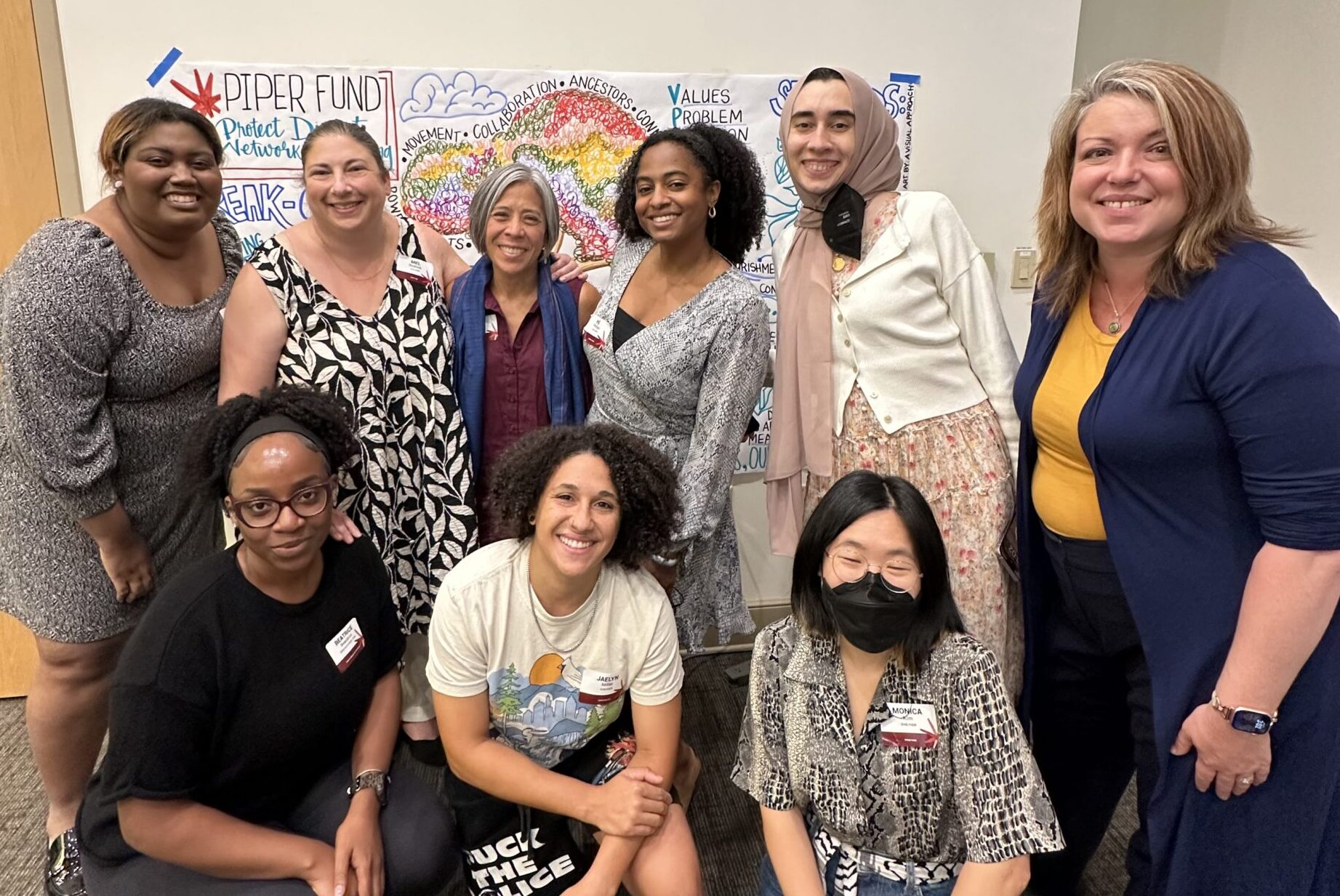
 The PDN convening is always a space for learning with each other and strategizing together. The Network is made up of over 250 individuals representing 100 organizations, both local grassroots and national partners, all committed to protecting our right to protest and dissent. Active members meet on regular calls throughout the year, but the practice of coming together in person is one that deepens our connection and relationships, making our work the rest of the year more genuinely collaborative. Repression and criminalization of dissent have long been growing, but this year feels different, with partners wanting to put our heads and hearts together in both strategy and solidarity.
The PDN convening is always a space for learning with each other and strategizing together. The Network is made up of over 250 individuals representing 100 organizations, both local grassroots and national partners, all committed to protecting our right to protest and dissent. Active members meet on regular calls throughout the year, but the practice of coming together in person is one that deepens our connection and relationships, making our work the rest of the year more genuinely collaborative. Repression and criminalization of dissent have long been growing, but this year feels different, with partners wanting to put our heads and hearts together in both strategy and solidarity.
